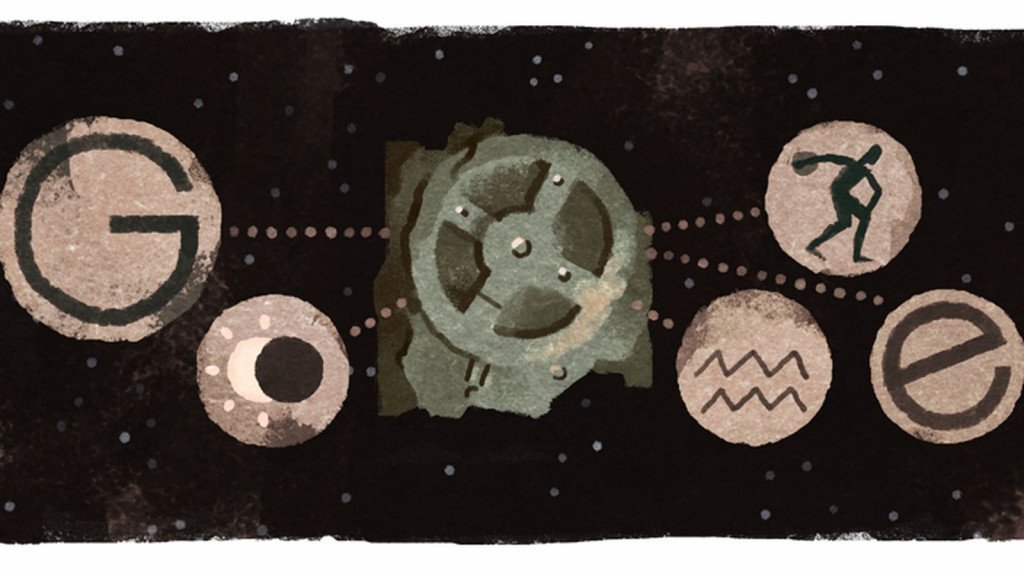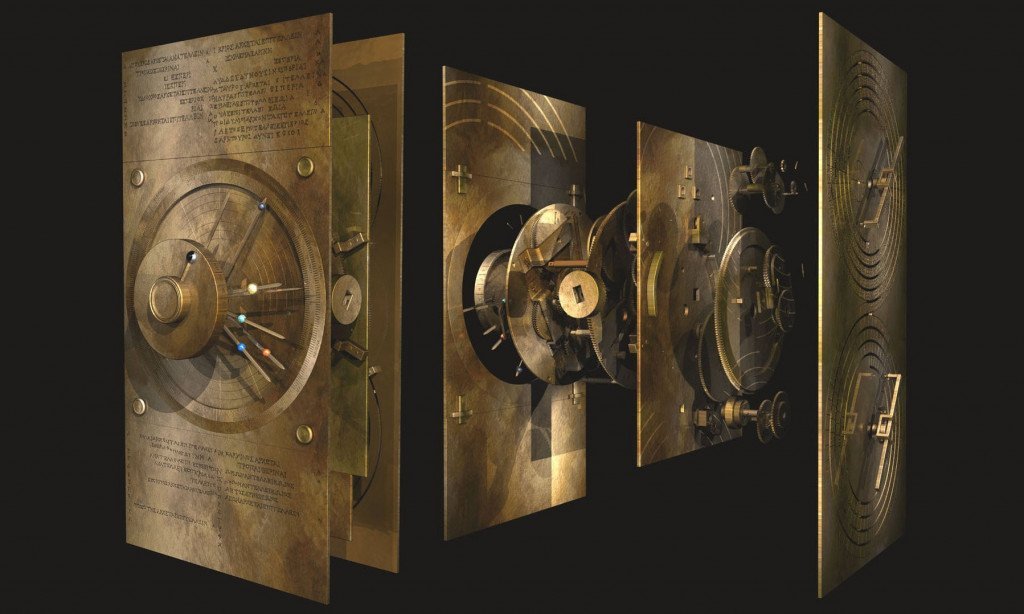If you tried to list down the stuff that the ancient Greeks created, we’d be here all year. I mean even though they were around for a long time before other civilizations came along, their ideas and knowledge seem to be admirable even by today’s philosophers and scientists. But there was one discovery, made by some divers in the early 1900s along the coast of Antikythera (a Greek island in the Aegean Sea), that has gripped the interest of scientists from all over the world. It is known as The Antikythera Mechanism, and it is an analog computer from 2,000 years ago, which is about 1,500 years before the analogue computer was even invented. Try to hold in your gasps, and read ahead.
Why this particular artefact?

The people of ancient Greece had managed to create something that rivaled even modern technology. What the divers had found from the Roman-era shipwreck was just a third of the entire thing. It was a shoe-box sized brass object covered in mold and corrosion, with calcified gears and illegible inscriptions. Among the beautiful jewelry and statues that were discovered along with it, it shouldn’t really have sparked much interest, but it did.
This was because its intricate gears showed a level of genius that wasn’t really shown at least a few centuries later, so you could very easily say that it was way ahead of its time. People working on solving its mystery went to the lengths of saying that it was something from outer space, because they just couldn’t figure out how to recreate it. With years of research and probing, archaeologists were able to figure out what the Antikythera Mechanism did.
What was the purpose of this device?

It is a highly-sophisticated hand-powered device akin to an analog computer, and it is believed that the Greeks used it to predict the motions of the sun and five planets they knew of at the time, along with mapping the phases of the moon and pointing out the solar and lunar eclipses. This allowed them to perfectly decide the dates for important events, one of them being the ancient Olympic Games. It is constructed on the ancient notion of the Cosmos that Earth was at the centre and everything else revolved around it.
The instrument was thus a “computer” that accurately calculated astronomical events and was a ‘guide to the galaxy’. You just had to input a particular date and a few gear turns to get a prediction for the set date’s planetary positions. There is still debate about who built it and whether it was a group project made in a workshop or by a single person, with Archimedes and his strong engineering capacity being a strong contender for the title. Historians are fascinated by how this device is a depiction of ancient science and technology and how it was all rooted in the cultural and spiritual importance that people placed on celestial events.
Recreating this technological mystery

Of course, like I said, with only a third of its total volume being found, there was no way to create a contemporary replica of the Antikythera Mechanism. Plus, the scientists initially knew nothing about what it was composed of and what it was supposed to do. But with the help of advanced X-ray scanning and imaging techniques, they slowly deciphered some of the ancient Greek inscriptions on the device. While they didn’t exactly indicate how you could use it, they did point out which part was where and what it meant. For example, there was a tiny, painted model of the moon that rotated on a spindly axis, flashing black and white to mimic the real moon’s waxing and waning.
Collecting more such information over the years, researchers have managed to create a digital model of this device, trying to depict all its dials and gears. This will now lead to developing a physical contraption of their own to test out if it really worked or was just a fake. Until evidence of any more ancient copies of the Antikythera Mechanism is found, this is our only chance at trying to get inside the brains of the Greeks.
Nevertheless, it is an exciting wait to see this incredible object recreated and inaction, even for a tech-blind person like me.
If you liked this post, you’d love Quantum Computers Will Change The Future | Future Of Quantum Computing




0 Comments